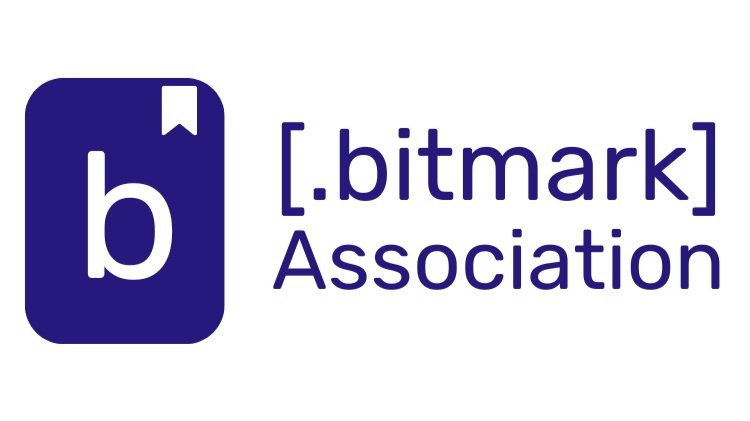bitmark Hackathon 2024: Together For Interoperability
The bitmark Association, headquartered in Zurich, hosted the second bitmark Hackathon at the Amazon Web Services (AWS) office in Zurich and online from November 21-22, 2024, uniting participants from all over the world to address pressing interoperability challenges in digital education.
Under the motto “Together for Interoperability”, the event brought together renowned learning content publishers: , Springer Nature, Hueber Verlag, KLV Westermann, hep Verlag, and Mein Bildungsraum, alongside EdTech organizations, developers, and EdTech enthusiasts who worked tirelessly over 24 hours to develop solutions that improve the seamless exchange of digital learning content, powered by the open bitmark standard.
The bitmark standard, an open-source, content-first data standard, eliminates content lock-ins and enables interoperability across platforms, making digital learning content more accessible to learners worldwide.
Participants joined not only from Switzerland and Germany, but also from countries including Ghana, Venezuela, South Africa, Sweden and Spain demonstrating the global importance of addressing interoperability in digital education.
Participants tackled challenges posed by publishers, such as transitioning legacy systems to bitmark-based solutions, enhancing mobile-first learning experiences, and integrating innovative interactive features.
Careum Verlag presented a case which aims to enable collaborative editing of questions on the Classtime platform, involving authors, editors, and translators. Since Classtime lacks team features, they rely on a workaround using a content management system and bitmark—a challenge many publishers face when digital tools are designed for individual rather than team workflows.
The Challenges
From KLV Westermann Switzerland Thomas Hotz, Publishing Director and Melanie Carafe, Product Manager presented the interoperability challenges as they are developing Intensivtraining360, a fully digital platform designed to help students prepare for their final exams through scribble videos, knowledge tests, and sample exams. To meet diverse needs, the challenge is to offer an interoperable print version including theory videos, online question banks, and sample final exams.
hep Verlag provides interactive exercises on my-platforms used by thousands of Swiss vocational students every day. Currently powered by SurveyJS, they experience limitations in production and tracking student progress. Matthias Heim, Head of Technology at hep Verlag challenged participants to develop automated solutions for migrating SurveyJS forms and learner data to bitmark-based exercises, while ensuring seamless platform integration and efficient input storage.
As an academic publisher, Springer Nature aims to include interactive, discipline-specific content like DICOM imaging and CDF simulations to meet contemporary research and learning needs. Alina Strelkovskaia, Product Development Manager, challenged the participants to effectively deliver this specialized content, especially via the preferred mobile app channel, while maintaining interoperability with formats like XML, PDF, and ePub.
Hueber Verlag produces learning materials using a traditional workflow involving Word, InDesign, and PDF, alongside media assets like audio, video, and interactive exercises linked through a metadata list. Peer Koop, Digital Production Manager at Hueber presented the challenge to streamline the process by automating the export of content with linked media for seamless integration into digital channels while ensuring interoperability and maintaining identical layouts across print and digital formats.
When searching for learning materials, ensuring "material quality" is a critical but subjective factor that varies by use case and spans technical correctness to content-level attributes. Product Manager Marcus Blümel and Consultant Veit Wasserfuhr from “Mein Bildungsraum” proposed the challenge to verify bitmark document accuracy, implement additional quality measures (e.g., language level, author trust), and develop an adaptable "Quality Metadata" section for bitmark using innovative methods like GenAI.
The Solutions
In just 24 hours, seven teams—both remote and on-site—developed innovative solutions to tackle these interoperability challenges, ranging from actionable concepts ready for implementation to fully designed interactive learning apps.
"We’re blown away by the creativity and dedication shown by the participants," said Thomas Gabathuler, father of bitmark. "The innovative solutions developed during the hackathon demonstrate the power of collaboration and the potential of bitmark to transform digital content."
A heartfelt thank you to all our participants, partners, and sponsors—including AWS Zurich, Wikimedia Switzerland, Bär & Karrer, Ernst Göhner Stiftung, Hasler Stiftung, hep Verlag, and Reemers Publishing Service—for contributing to the success of the bitmark Hackathon 2024.
Winner of the Audience Award: The solution for Hueber Verlag.




